“The ability to learn deeply is perhaps the best legacy we can leave to our younger generations, so that they have a fighting chance to survive, save humanity, and sustain life in the planet.” — Santiago Rincon-Gallardo
Globalization has increased our interconnectedness and interdependence on each other. With technological advancements continuing to change our world and daily lives, the need for more focus on the socioeconomic, political and environmental trends youth will face in the future is a critical part of the discourse on the learning that matters most.
Santiago Rincon-Gallardo believes that current and future trends require a significant focus on social justice with a deeper learning approach that enables youth to have “a fighting chance to survive, save humanity, and sustain life in the planet.”
Santiago’s work, discussed in a new book, Future Directions of Educational Change (edited by Helen Janc Malone, Santiago Rincón-Gallardo, and Kristin Kew; Routledge, 2018), explores how pedagogies for deep learning can spread at scale. He is the chief research officer on Michael Fullan’s education consulting team and a visiting scholar at the Ontario Institute for Studies in Education, University of Toronto.
He joins us in The Global Search for Education to talk about the social justice education that students need, the learning shift that’s involved and the best case studies he’s seen so far.
“Globalization has also exacerbated the expansion of poverty and inequality, the spread of fundamentalism and violence, global migration, and the erosion of democracies. These trends make it urgent to pursue social justice.” — Santiago Rincon-Gallardo
Santiago, how have the effects of globalization affected the relevance of deep learning and social justice?
Globalization has enabled the accelerated growth of knowledge, information exchange, and technological developments. Computers and the internet have long surpassed our ability to retain, access, and process information. Robots are expected to replace us in tasks once considered exclusive of humans – from driving cars to making expert medical diagnosis. In this scenario, what is the role of formal education and, more broadly, our role in the world? One key feature that differentiates us from machines and can add tremendous value to humanity and the world at large is deep learning, which I define as the process and result of making sense of questions that matter to us. (Note: The meaning of deep learning is different in education than in Artificial Intelligence, where it refers to machine learning). Its associated competencies are critical thinking, communication, collaboration, creativity, character, and citizenship.
Some looming trends, exacerbated by global economic growth, include climate change and the proliferation of nuclear weapons. The ability to learn deeply is perhaps the best legacy we can leave to our younger generations so that they have a fighting chance to survive, save humanity, and sustain life on the planet.
Globalization has also exacerbated the expansion of poverty and inequality, the spread of fundamentalism and violence, global migration, and the erosion of democracies. These trends make it urgent to pursue social justice – the dual and often contentious quest for individual and collective freedom and a harmonious social order.
“Bringing deep learning and social justice front and center of education requires radical redefinitions of how we think and act on learning, teaching, and the management of schools and education systems.” — Santiago Rincon-Gallardo
What would you say are the biggest challenges when trying to make the case for social justice and deep learning as an important part of learning?
The case for deep learning and social justice is easy to make: they are crucial for our survival. The biggest challenge lies in the massive cultural shift they represent. Schooling and school systems have historically served a role of custody, control, and distribution of merit. They have relied on and perpetuated structures and routines that favor superficial learning, repetitive tasks, and vertical relationships of authority and control. Bringing deep learning and social justice front and center of education requires radical redefinitions of how we think and act on learning, teaching, and the management of schools and education systems.
Where in the world have you seen good examples and what are the lessons we should learn from these case studies?
Good examples of schools include High Tech High in California, Montessori schools around the world, the New Pedagogies for Deep Learning global partnership, Escuela Nueva in Colombia, Redes de Tutoría in Mexico and Chile. They teach us is that it is possible to cultivate deep learning and social justice in schools and school systems. They also teach us that doing this well is very hard work.
Thank you Santiago.
(All photos are courtesy of CMRubinWorld)
C. M. Rubin and Santiago Rincon-Gallardo
Join me and globally renowned thought leaders including Sir Michael Barber (UK), Dr. Michael Block (U.S.), Dr. Leon Botstein (U.S.), Professor Clay Christensen (U.S.), Dr. Linda Darling-Hammond (U.S.), Dr. MadhavChavan (India), Professor Michael Fullan (Canada), Professor Howard Gardner (U.S.), Professor Andy Hargreaves (U.S.), Professor Yvonne Hellman (The Netherlands), Professor Kristin Helstad (Norway), Jean Hendrickson (U.S.), Professor Rose Hipkins (New Zealand), Professor Cornelia Hoogland (Canada), Honourable Jeff Johnson (Canada), Mme. Chantal Kaufmann (Belgium), Dr. EijaKauppinen (Finland), State Secretary TapioKosunen (Finland), Professor Dominique Lafontaine (Belgium), Professor Hugh Lauder (UK), Lord Ken Macdonald (UK), Professor Geoff Masters (Australia), Professor Barry McGaw (Australia), Shiv Nadar (India), Professor R. Natarajan (India), Dr. Pak Tee Ng (Singapore), Dr. Denise Pope (US), Sridhar Rajagopalan (India), Dr. Diane Ravitch (U.S.), Richard Wilson Riley (U.S.), Sir Ken Robinson (UK), Professor Pasi Sahlberg (Finland), Professor Manabu Sato (Japan), Andreas Schleicher (PISA, OECD), Dr. Anthony Seldon (UK), Dr. David Shaffer (U.S.), Dr. Kirsten Sivesind (Norway), Chancellor Stephen Spahn (U.S.), Yves Theze (LyceeFrancais U.S.), Professor Charles Ungerleider (Canada), Professor Tony Wagner (U.S.), Sir David Watson (UK), Professor Dylan Wiliam (UK), Dr. Mark Wormald (UK), Professor Theo Wubbels (The Netherlands), Professor Michael Young (UK), and Professor Minxuan Zhang (China) as they explore the big picture education questions that all nations face today.
The Global Search for Education Community Page
C. M. Rubin is the author of two widely read online series for which she received a 2011 Upton Sinclair award, “The Global Search for Education” and “How Will We Read?” She is also the author of three bestselling books, including The Real Alice in Wonderland, is the publisher of CMRubinWorld and is a Disruptor Foundation Fellow.
Follow C. M. Rubin on Twitter: www.twitter.com/@cmrubinworld


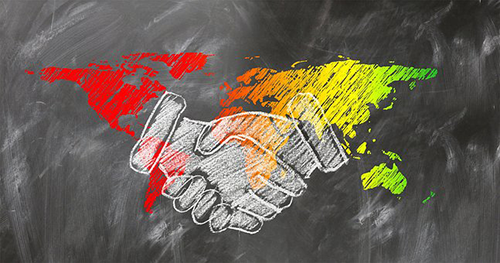
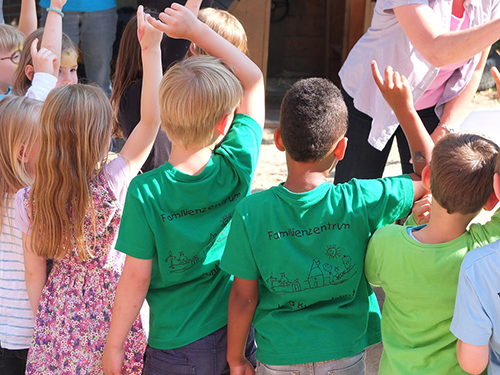
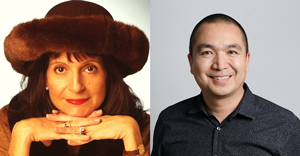

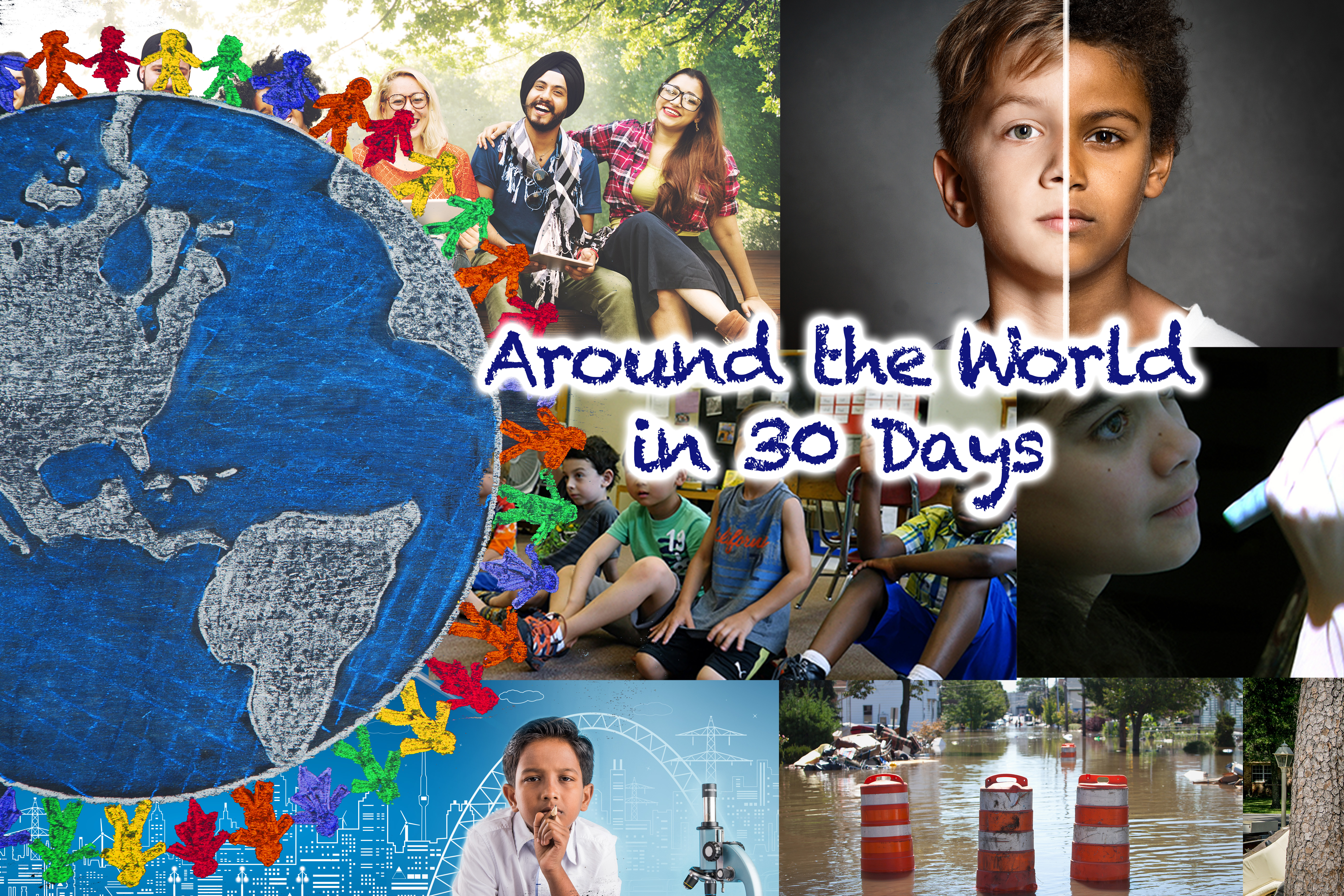
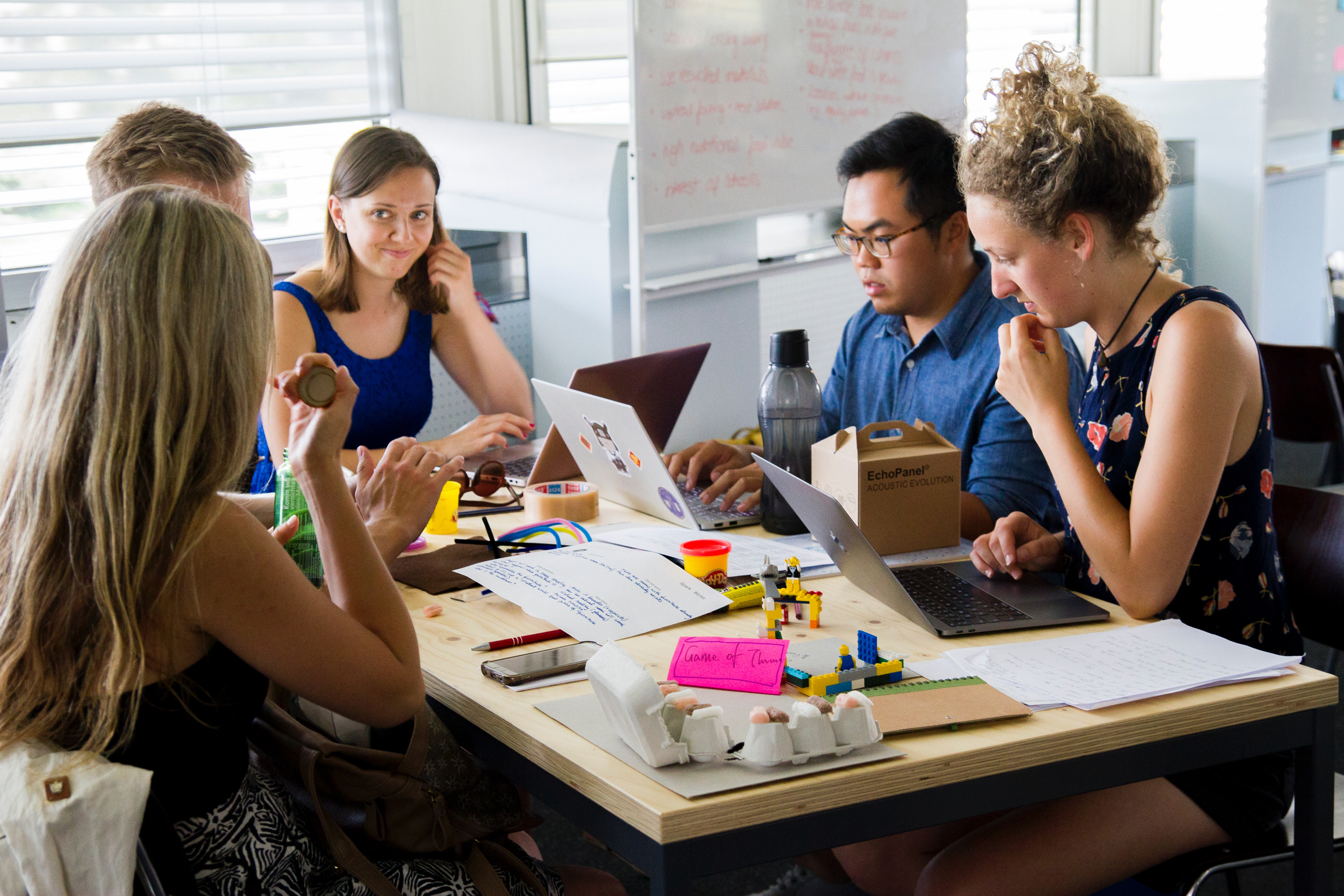
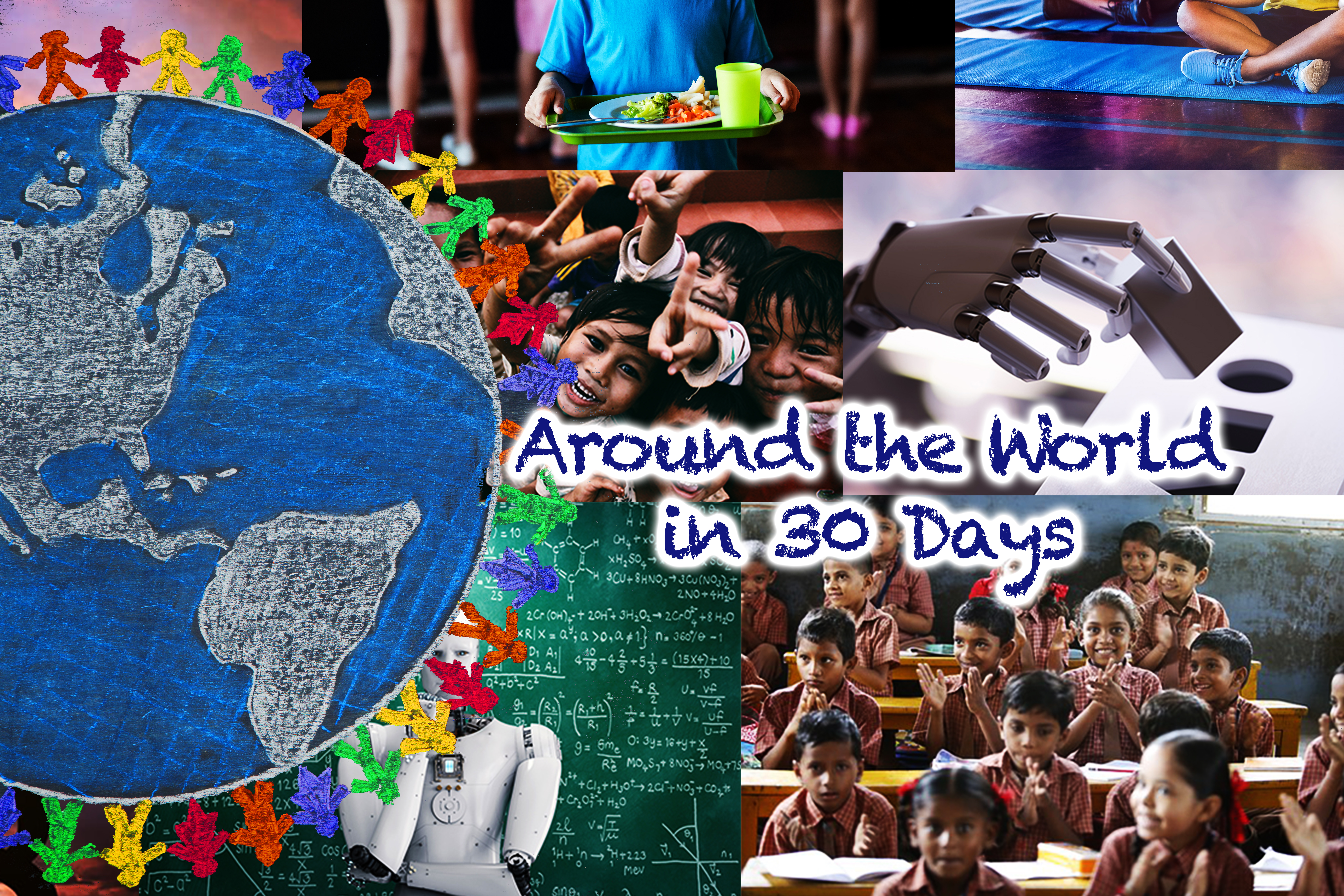
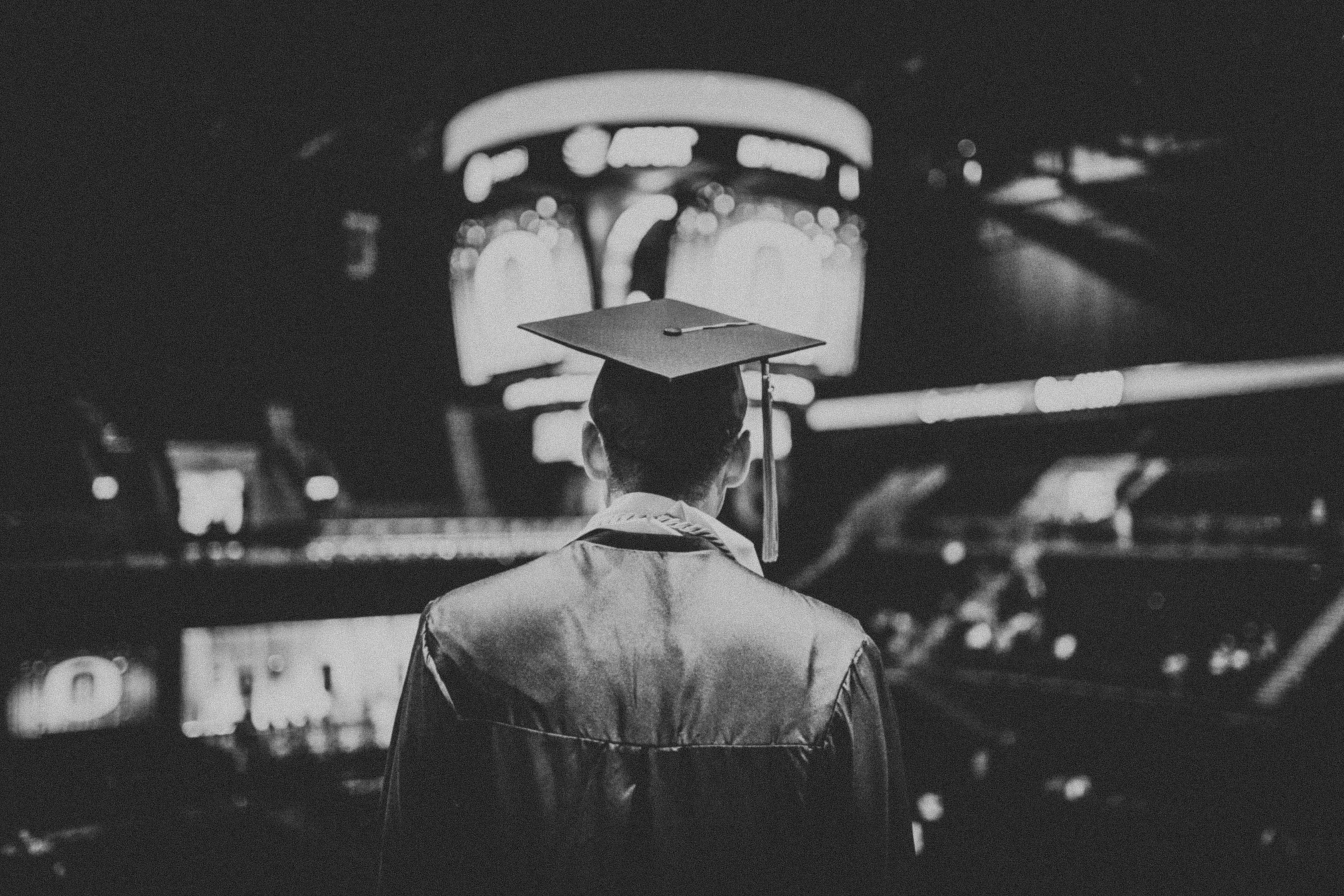
Recent Comments